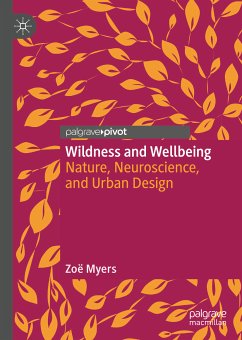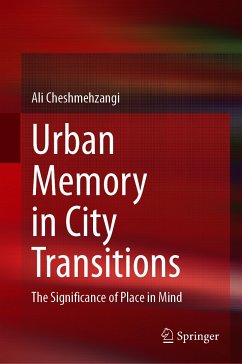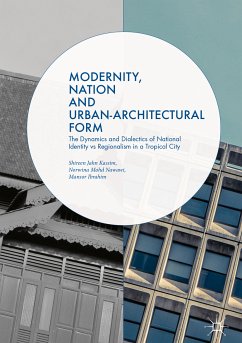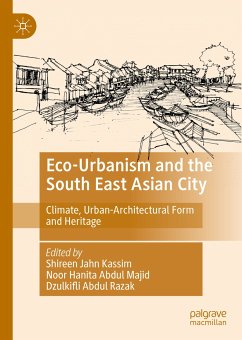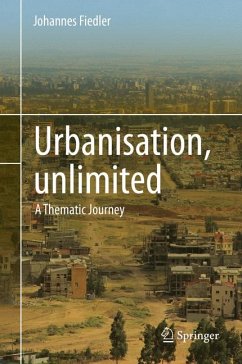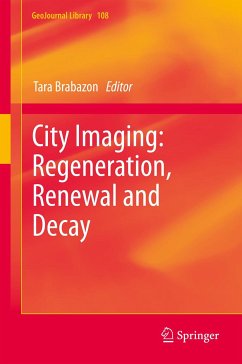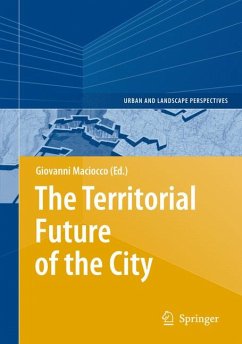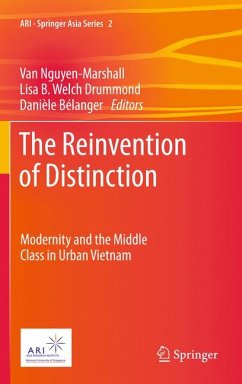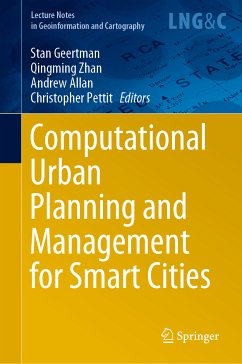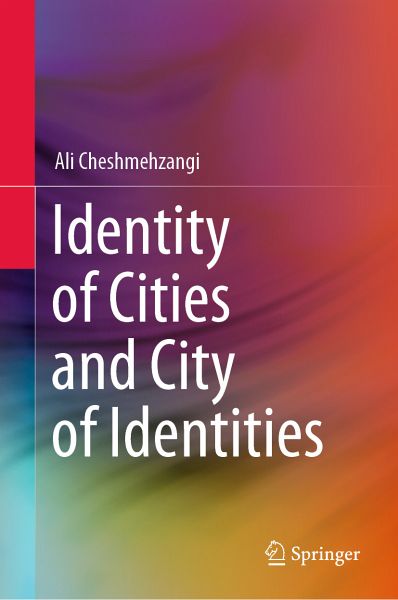
Identity of Cities and City of Identities (eBook, PDF)
Versandkostenfrei!
Sofort per Download lieferbar
40,95 €
inkl. MwSt.
Weitere Ausgaben:

PAYBACK Punkte
20 °P sammeln!
This book explores the hybridity of urban identities in multiple dimensions and at multiple scales, how they form as catalysts and mechanisms for urban transitions, and how they develop as city branding strategies and urban regeneration methods. Due to rapid globalisation, the notion of identity has become scarcer, more fragile, and inarguably more important. Given the significance of place and displacement for contemporary everyday life, and the continuous advancement of technologies, identifying relations and values that define humans and their environments in various ways has become crucial...
This book explores the hybridity of urban identities in multiple dimensions and at multiple scales, how they form as catalysts and mechanisms for urban transitions, and how they develop as city branding strategies and urban regeneration methods. Due to rapid globalisation, the notion of identity has become scarcer, more fragile, and inarguably more important. Given the significance of place and displacement for contemporary everyday life, and the continuous advancement of technologies, identifying relations and values that define humans and their environments in various ways has become crucial.
Divided into seven chapters, this book provides extensive coverage of 'urban identity', an often-overlooked topic in the fields of urbanism, urban geography, and urban design. It approaches the topic from a novel dual perspective, by exploring cities with tangible commonalities and shared strategies for refining their identities, and by highlighting cities and urban environments characterised by multiple identities. Based on a decade of research in this field, the book provides a multi-disciplinary perspective on urban identity. In addition to comprehensive information for students, it offers a key reference guide for urbanists, urban designers and geographers, architectural and urban practitioners, decision-makers, and governing bodies involved in urban development strategies.
Divided into seven chapters, this book provides extensive coverage of 'urban identity', an often-overlooked topic in the fields of urbanism, urban geography, and urban design. It approaches the topic from a novel dual perspective, by exploring cities with tangible commonalities and shared strategies for refining their identities, and by highlighting cities and urban environments characterised by multiple identities. Based on a decade of research in this field, the book provides a multi-disciplinary perspective on urban identity. In addition to comprehensive information for students, it offers a key reference guide for urbanists, urban designers and geographers, architectural and urban practitioners, decision-makers, and governing bodies involved in urban development strategies.
Dieser Download kann aus rechtlichen Gründen nur mit Rechnungsadresse in A, B, BG, CY, CZ, D, DK, EW, E, FIN, F, GR, HR, H, IRL, I, LT, L, LR, M, NL, PL, P, R, S, SLO, SK ausgeliefert werden.



